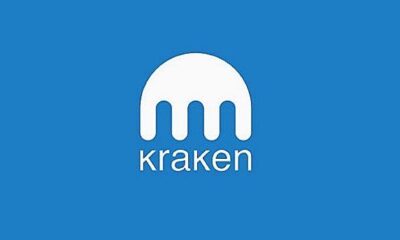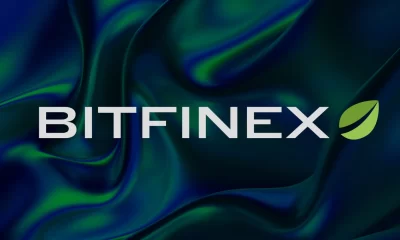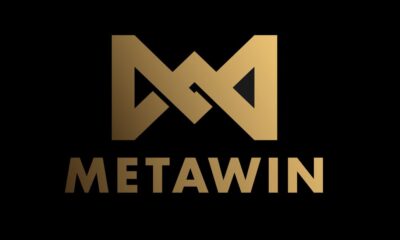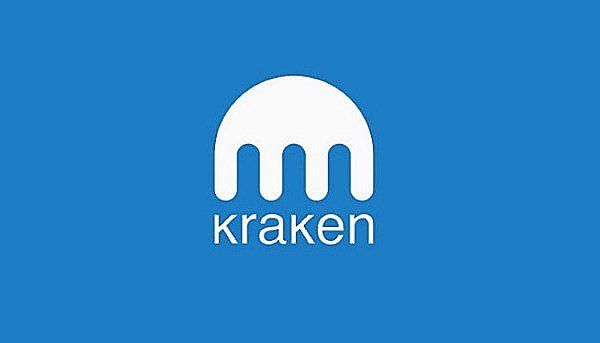Business
Solana Labs debuts blockchain customer loyalty platform Bond
Solana Labs, a prominent player in the blockchain space, has announced the launch of its Bond Loyalty Platform, marking a significant advancement in the realm of decentralized finance (DeFi). This innovative platform is poised to revolutionize the way loyalty programs are managed and incentivized, leveraging the scalability and efficiency of the Solana blockchain.
-

 Business1 week ago
Business1 week agoBitcoin mining stocks rocket 24% on macro climate, AI play: Analyst
-

 News7 days ago
News7 days agoFTX estate sues KuCoin to recover over $50M in assets
-

 Business7 days ago
Business7 days agoBhutan gov’t moves $66M of Bitcoin stash to Binance as price tops $71K
-

 Business7 days ago
Business7 days agoGemini crypto exchange receives preliminary approval in Singapore
-

 Business7 days ago
Business7 days agoApple rolls out Apple Intelligence, but fails to wow AI crowd
-

 Business7 days ago
Business7 days agoMeta is reportedly building its own AI-powered search engine
-

 Business1 week ago
Business1 week agoBitcoin hits $70K amid huge ETF inflow streak
-

 Business1 week ago
Business1 week agoCoinbase to sponsor NBA team in aftermath of FTX collapse































